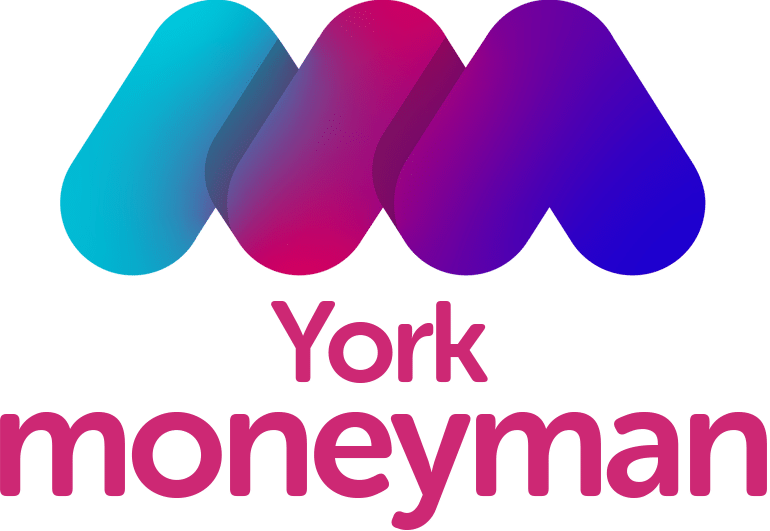With our expertise as a specialised mortgage broker in York, we have assisted numerous buy to Let landlords in securing favorable buy to let mortgage options.
We understand that many of our clients with existing property portfolios often inquire about the possibility of transferring ownership from their individual name(s) to their own limited company.
We are well-versed in navigating this process and can provide guidance tailored to your specific circumstances.
Our team has extensive experience in assisting landlords in transferring property ownership to limited companies, and we can help you explore the available options and find the most suitable mortgage solutions.
Buying as an Special Purpose Vehicle
First and foremost, it is crucial to understand how mortgage lenders approach purchases made through a Limited Company. It is worth noting that only a limited number of lenders accept applications from Limited Companies, typically through a Special Purpose Vehicle (SPV) Company.
When registering a company, you are required to provide a Standard Industrial Classification (SIC) Code that specifies the business type(s) in which the company operates. Mortgage lenders typically do not accept applications from general trading companies that engage in various areas of business.
For instance, if you own a plumbing and heating company, you would need to establish a separate and distinct company specifically for your buy to lets in York, rather than purchasing them through your existing plumbing company.
Pros and Cons of Transferring to a Buy to Let in York
When it comes to purchasing a buy to let in York under a limited company, there are both advantages and disadvantages to consider.
It’s important to note that not all mortgage lenders are open to applications from Special Purpose Vehicles (SPVs), as they generally prefer lending to individuals or couples in their personal names.
As a result, individuals often have a wider range of lenders and products to choose from compared to SPVs.
For lenders that do consider SPV applications, the interest rates offered are typically higher than those for individuals. There were tax changes that provide certain advantages for SPV ownership.
These advantages relate to how rental income is taxed and the flexibility in how that income is taken. These tax benefits can often offset any additional interest charges or limited options.
As a reputable buy to let mortgage advisor in York, we strongly recommend seeking advice from an experienced and specialised tax advisor before deciding whether to purchase your property portfolio under an SPV.
They will carefully assess factors such as your other sources of income and the rate of personal income tax you pay. Based on this analysis, they can determine the overall tax implications and help determine whether individual or SPV ownership would be the better option for you.
Should I transfer properties that I already own to an SPV?
As mentioned earlier, the key consideration when deciding whether to purchase under an SPV is your tax situation.
This decision becomes more complex when considering the transfer of existing properties from your personal name(s) to company ownership. It’s important to understand that this transfer is not a simple process but involves a change in legal ownership.
When a limited company (SPV) purchases a property from an individual, it is treated as a separate corporate entity. This means you will need to account for stamp duty charges, legal costs, and new mortgage valuation charges.
Additionally, running expenses and legal obligations associated with limited companies should be taken into account. It’s worth noting that these costs may be offset by potential tax-deductible expenses and long-term tax benefits.
In many cases, landlords choose to continue holding existing properties in their name(s) and purchase new properties under the company name to avoid the expenses of transferring ownership.
Each case is unique, and there may be instances where the long-term benefits justify the costs of such a transfer.
Given the complexity of this topic, it is crucial to proceed with caution and seek guidance from professionals who specialise in buy to let mortgages in York, such as our team of mortgage experts.
We can help you in making the necessary arrangements and provide expert advice tailored to your specific situation. We can also introduce you to experienced accountants and solicitors when appropriate, ensuring you have comprehensive support throughout the process.
Date Last Edited: December 19, 2023















